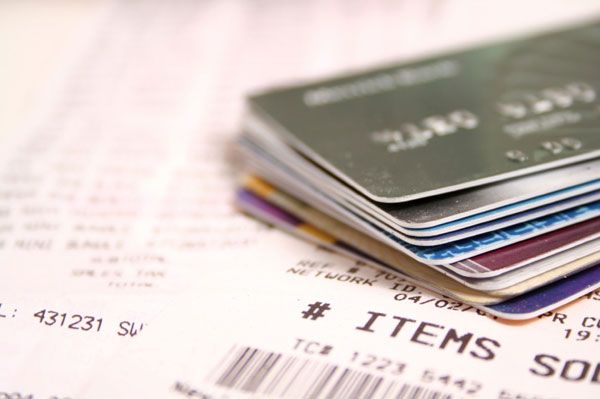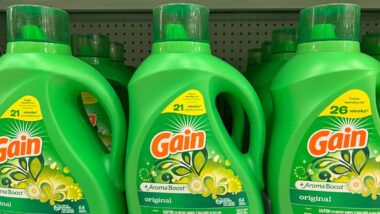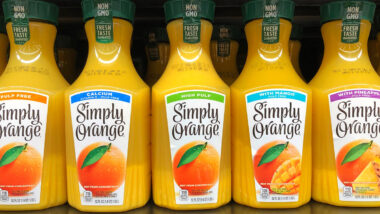
The Fair and Accurate Credit Transactions Act (FACTA) requires retailers to take strict measures to protect against identity theft and credit card fraud. The Act, passed in 2003, prohibits retailers from printing certain account number and expiration date information on receipts.
If you think you have been a victim, it is possible to file a FACTA lawsuit. Potential plaintiffs should always try to contact an attorney who specializes in FACTA cases to help guide them through the process.
The first thing a FACTA lawyer is likely to tell a client to do is to gather all relevant receipts that show the alleged FACTA violations. These receipts would contain more than the last five digits of the consumers’ credit card number, or would show the entire expiration date. FACTA applies to all electronically printed debit or credit card receipts from cash registers, self-service kiosks, and restaurants.
In addition to showing that the retailer simply violated the law, FACTA lawsuits will likely seek to prove that the retailer either negligently or willfully violated the law. If retailers are found to be in willful violation, they could face major legal consequences and fines of up to $1,000 per instance.
Overview of FACTA
After experts testified about the increasing number of receipts that potentially put consumers at risk for identity theft, Congress enacted FACTA in 2003. FACTA was later amended by the Fair Credit Reporting Act, which allows consumers to request and obtain a free credit report once every twelve months from the three nationwide consumer credit reporting companies: Equifax, Experian, and TransUnion.
While identity theft has been a problem in the United States for a number of years, it, along with credit card fraud, has risen due to certain pieces of information that discarded receipts may provide. Vital information, such as the credit or debit card number and expiration date of the card, can provide thieves with the keys to an unsuspecting consumer’s financial identity.
This risk led Congress to require retailers to update their transaction practices to include truncation. Truncation includes omitting the expiration dates and almost all of the account numbers on credit and debit card receipts, save for the last five digits. The point of this rule is to prevent identity thieves from piecing together vital personal information, which would normally give fraudsters access to the consumer’s fiances and assets.
Free FACTA Class Action Lawsuit Investigation
If you made one or more purchases and the retailer provided you with a receipt that contained more than the last five digits of your credit or debit card number or the expiration date, you may be eligible for a free class action lawsuit investigation and to pursue compensation for these FACTA violations.
ATTORNEY ADVERTISING
Top Class Actions is a Proud Member of the American Bar Association
LEGAL INFORMATION IS NOT LEGAL ADVICE
Top Class Actions Legal Statement
©2008 – 2024 Top Class Actions® LLC
Various Trademarks held by their respective owners
This website is not intended for viewing or usage by European Union citizens.














